Have you ever experienced this? You’re giving a presentation, step up to the podium, and say “Testing, one, two…” into the microphone. Everything seems normal until you feel a sudden, sharp shock from the microphone.
‘’Yes, a microphone can potentially electrocute you if there is faulty wiring, improper grounding, or if it’s used in wet conditions. Regular maintenance and safety precautions are essential to minimise this risk.’’
This article provides you complete detail about why your microphone electrocutes and gives some precautions.
What Does It Mean Microphone Electrocute?
Microphone electrocution means receiving an electric shock from a microphone due to faulty wiring, improper grounding, or exposure to moisture. This can occur when electrical currents flow through the microphone and into the user, potentially causing harm.
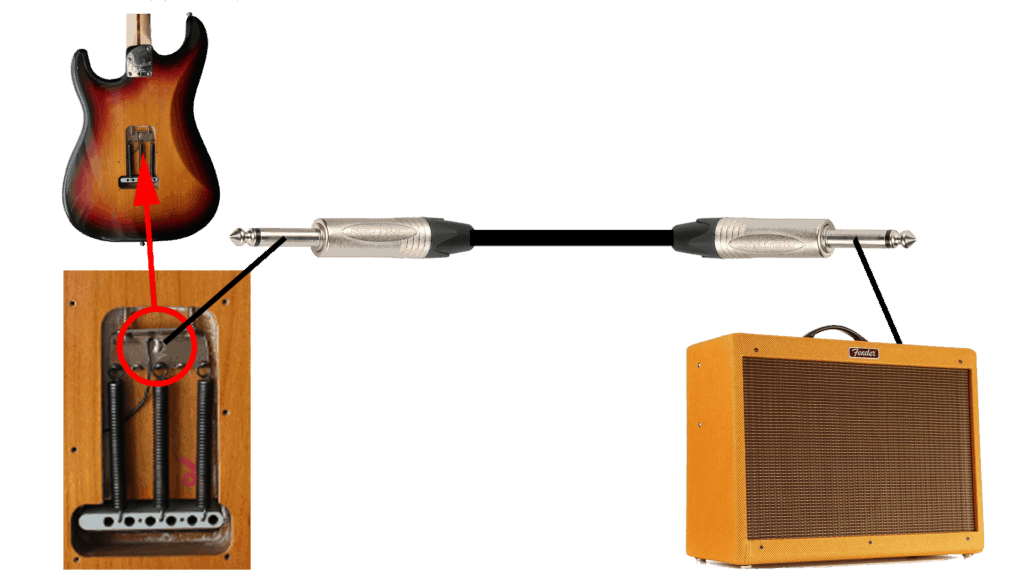
How Microphones Work?
Microphones function by converting acoustic energy (sound waves) into electrical energy (signals). This conversion process involves delicate electronic components that need to be handled with care.
Power Sources For Microphones:
Microphones can be powered by various sources, including batteries, phantom power (provided by mixers or audio interfaces), or direct connection to an electrical outlet. The power source can influence the potential electrical risks associated with microphone use.
Potential For Electric Shock:
While microphones are generally safe, there is a potential risk of electric shock, especially if the equipment is faulty or improperly handled. The risk is higher with wired microphones connected to mains power.
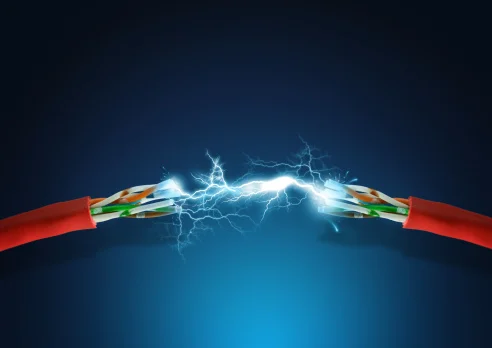
Conditions Leading To Electrocution:
Electrocution from a microphone can occur under specific conditions, such as exposure to water, damaged cables, or faulty connections. Understanding these conditions helps in mitigating the risks.
Also Read: Why Does My Earbud Microphone Sound Muffled? Complete Guide 2024!
Identifying Faulty Equipment:
Signs of Malfunction
Be vigilant for signs of malfunction, such as unusual sounds, intermittent operation, or visible damage to the microphone or cables. If you notice any issues, discontinue use immediately and seek professional repair services.
What to Do if You Suspect a Problem?
If you suspect your microphone or any connected equipment is faulty, stop using it immediately. Disconnect it from the power source and have it inspected by a qualified technician.
Importance of Proper Grounding:
Proper grounding is essential to prevent electric shocks. Ensure that all equipment is correctly grounded according to the manufacturer’s instructions.
Role of Insulation in Preventing Shocks:
Insulation of cables and connectors helps prevent accidental contact with live wires, reducing the risk of electric shock. Regularly check the insulation for any signs of damage.
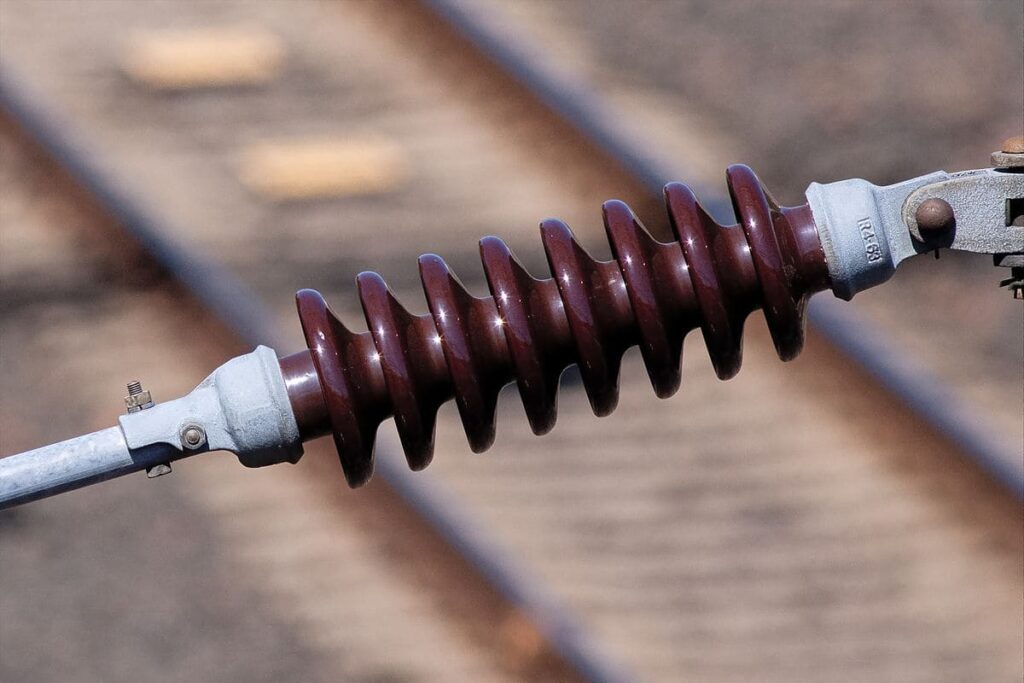
Using Microphones in Different Environments:
Indoor vs. Outdoor Use
Using microphones indoors generally poses fewer risks compared to outdoor settings. Outdoor use can expose equipment to elements like rain or humidity, which can increase the risk of electrical hazards.
Precautions for Specific Settings
When using microphones outdoors or in high-risk environments, take additional precautions such as using weatherproof equipment and ensuring all connections are protected from moisture.
Safety Standards for Microphones:
Industry Regulations
The audio equipment industry is governed by stringent safety standards to ensure the safe operation of microphones and other devices. Compliance with these standards is crucial for manufacturers and users alike.
Certification Processes
Microphones undergo rigorous testing and certification processes to meet safety standards. Look for certified equipment to ensure you’re using safe and reliable products.
Also Read: How To Adjust Zoom Microphone Volume? — Ultimate Guide 2024!
Safe Handling Practices:
Always handle microphones and associated equipment with dry hands and in a dry environment. Avoid tampering with the internal components and ensure all connections are secure.
Regular Maintenance Checks:
Regular inspections and maintenance can prevent potential hazards. Check for any signs of wear and tear, such as frayed cables or loose connections, and replace faulty parts promptly.
Wireless Microphones:
Wireless microphones, which are typically battery-operated, can offer safety advantages by eliminating the need for cables that can pose tripping or electrical hazards.
Wireless technology reduces the risk of electrical shocks from faulty cables and provides greater flexibility in terms of movement and setup.
Can Microphones Generate Electricity?
Microphones convert sound waves into electrical signals, not generate electricity independently. They use components like diaphragms and coils to create small electrical currents from sound vibrations.
What Part Of A Microphone Creates An Electric Current?
The diaphragm in a microphone vibrates in response to sound waves, moving a coil or changing capacitance, thus creating an electric current that represents the sound.
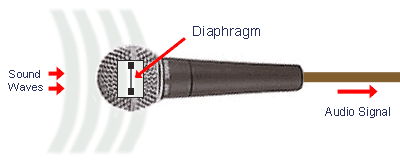
Does Hitting A Microphone Damage It?
Yes, hitting a microphone can damage its sensitive components, such as the diaphragm or internal electronics, leading to reduced sound quality or complete failure.
How Can I Stop My Microphone From Shocking Me When I’m Playing Guitar?
Ensure proper grounding of all equipment, use quality cables, and check for any faults or exposed wiring in the microphone or guitar setup to prevent electric shocks.
Can You Get An Electric Shock From Playing An Electric Guitar?
Yes, you can get an electric shock from playing an electric guitar if there are grounding issues, faulty wiring, or improper connections in the guitar, amp, or other equipment.
Also Read: How To Find Out Which App Is Using My Microphone? – Complete Guide 2024!
Can I Get Electrocuted From My Electric Guitar?
Electrocution from an electric guitar is rare but possible if there’s a severe electrical fault, such as exposed live wires, faulty amps, or improper grounding in the equipment.
Can Someone Get Electrocuted While Playing An Electric Guitar?
Yes, severe electrical faults or improper grounding in the guitar or connected equipment can cause electrocution, though it is a rare and usually preventable occurrence.
Is It Bad To Yell Into A Microphone?
Yelling into a microphone can damage its sensitive components, cause distortion, and potentially harm the audio system or speakers connected to the microphone.
Should Your Mouth Touch The Microphone?
No, your mouth should not touch the microphone. Maintain a slight distance to avoid breath noises, distortion, and potential hygiene issues from contact with the microphone.
Is A Microphone An Electrical Device?
Yes, a microphone is an electrical device that converts sound waves into electrical signals, which can be amplified, recorded, or transmitted.
Is A Microphone Magnetic Or Electricity?
A microphone primarily uses electricity but can contain magnetic components, such as in dynamic microphones where a magnet interacts with a coil to create an electrical signal.
What Is Inside A Microphone?
Inside a microphone, you’ll find components like a diaphragm, coil, magnet (in dynamic mics), and various electronic circuits designed to convert sound waves into electrical signals.
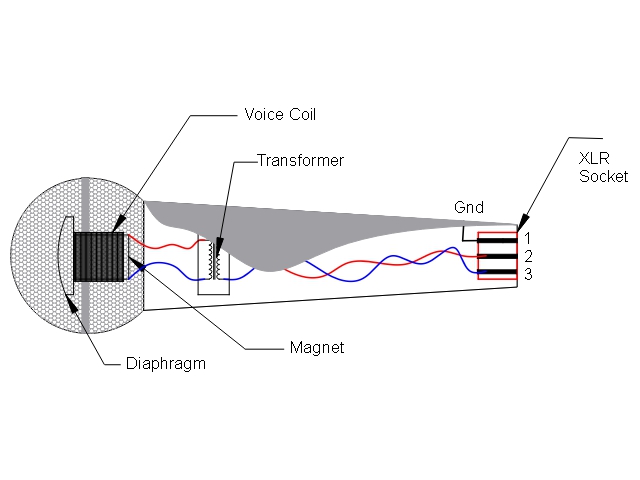
Wired Microphone And Phantom Power In Water Environment Is Safe?
Using a wired microphone with phantom power in a wet environment is unsafe and can lead to electrical hazards. Always keep audio equipment dry and protected from moisture.
Can Using A Microphone In The Rain Electrocute You?
Yes, using a microphone in the rain can increase the risk of electrocution due to water’s conductivity. Always avoid using electronic devices in wet conditions.
Frequently Asked Questions:
1. Why Does My Microphone Shock Me?
Your microphone may shock you due to poor grounding, faulty wiring, or exposure to moisture, causing electrical faults that result in minor shocks during use.
2. What Type Of Equipment Is A Microphone?
A microphone is an audio input device used in various applications to capture sound, convert it into electrical signals, and transmit it for recording or amplification.
3. Electric Shocks Through The Mic – Need Advice.
Check all equipment for proper grounding, inspect for exposed wires, use quality cables, and consider consulting a professional electrician to ensure your setup is safe.
4. How Long Should A Microphone Last?
A well-maintained microphone can last several years, with professional-grade microphones often lasting decades, depending on usage frequency, care, and environmental conditions.
5. Can Feedback Damage A Microphone?
While feedback primarily affects speakers and amplifiers, prolonged or intense feedback can potentially damage a microphone’s diaphragm or internal components.
6. How Do I Troubleshoot A Microphone That Sounds Bad?
Check the cable connections, ensure proper power supply, inspect for damage or wear, and test the microphone with different equipment to isolate the issue.
7. Are Wireless Microphones Safer Than Wired Ones?
Wireless microphones can be safer in terms of electrical hazards as they eliminate the risk associated with power cables. However, they still require proper handling and maintenance.
8. How Often Should Microphones Be Inspected For Safety?
Microphones should be inspected regularly, at least once every few months, or before any significant event to ensure they are in good working condition.
9. What Immediate Actions Should Be Taken If A Microphone Shocks You?
If a microphone shocks you, immediately disconnect it from the power source, stop using it, and inspect it for faults. Seek medical attention if the shock was severe.
10. Can Diy Repairs On Microphones Compromise Safety?
Yes, DIY repairs can compromise safety if not done correctly. It’s always best to have microphones repaired by qualified technicians to ensure they remain safe to use.
Final Thoughts:
A microphone can potentially electrocute you if conditions like faulty wiring, improper grounding, or exposure to moisture are present. However, the risk is minimal with proper safety measures, regular maintenance, and the use of certified equipment. Ensuring that all connections are secure and handling microphones with care are crucial steps to prevent any electrical hazards and ensure safe usage.
Read More:
- Jabra Evolve 65 Microphone Not Working? – Let’s Fix It!
- Singing Machine Microphone Not Working? – Click Here To Fix It!
- Logitech Webcam Microphone Not Working – Complete Guide 2024!
- Latitude 5420 Microphone Not Working? – Here’s How to Fix It!
- Alpine ILX-W650 Microphone Not Working? – A Comprehensive Troubleshooting Guide!
